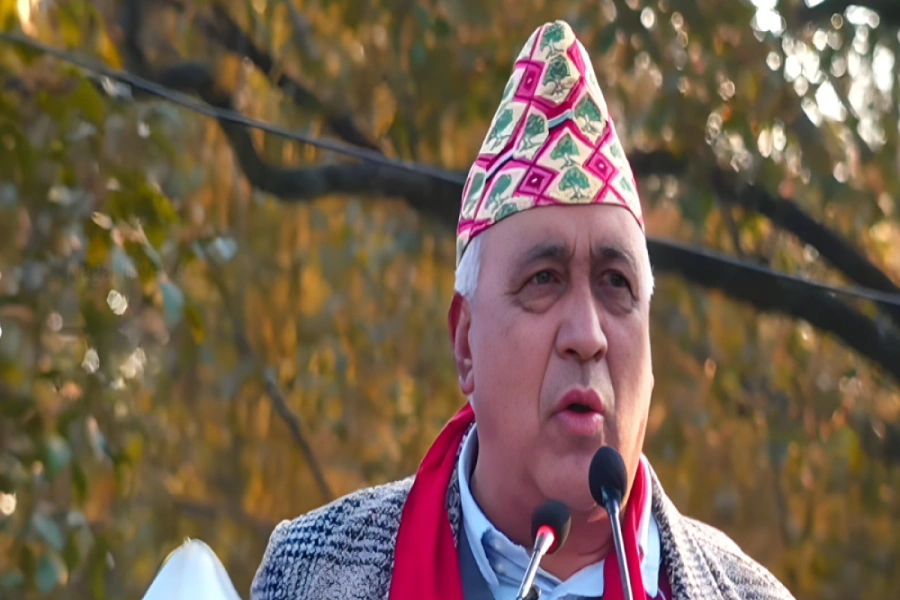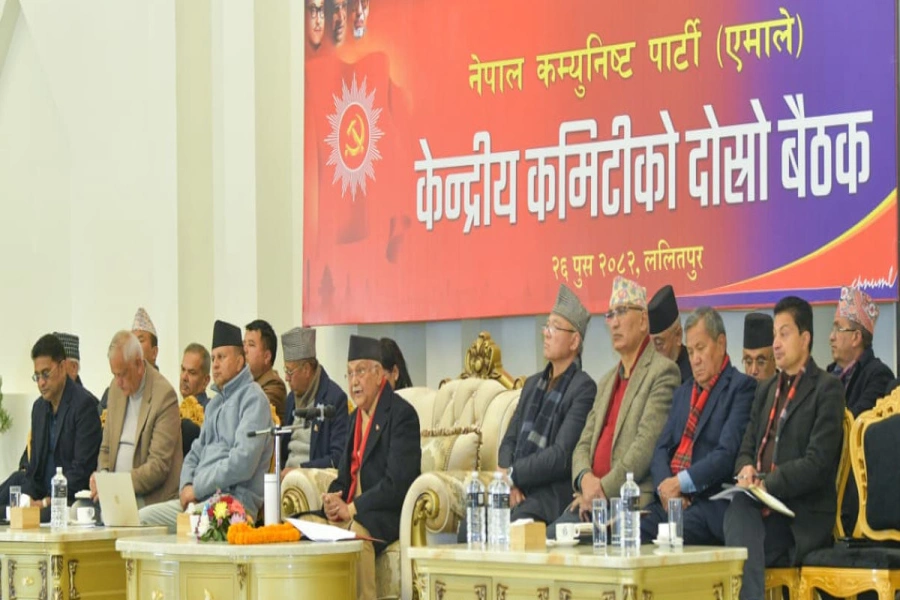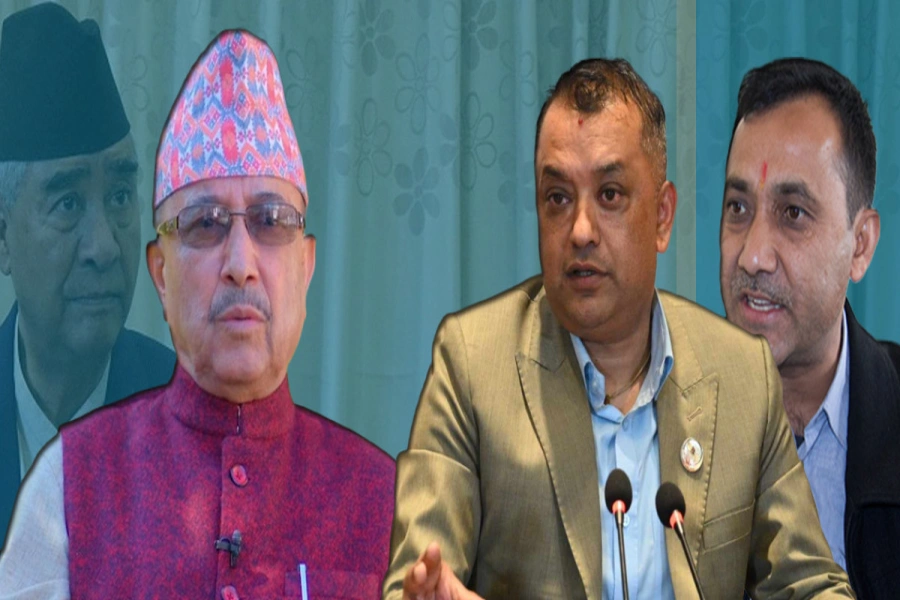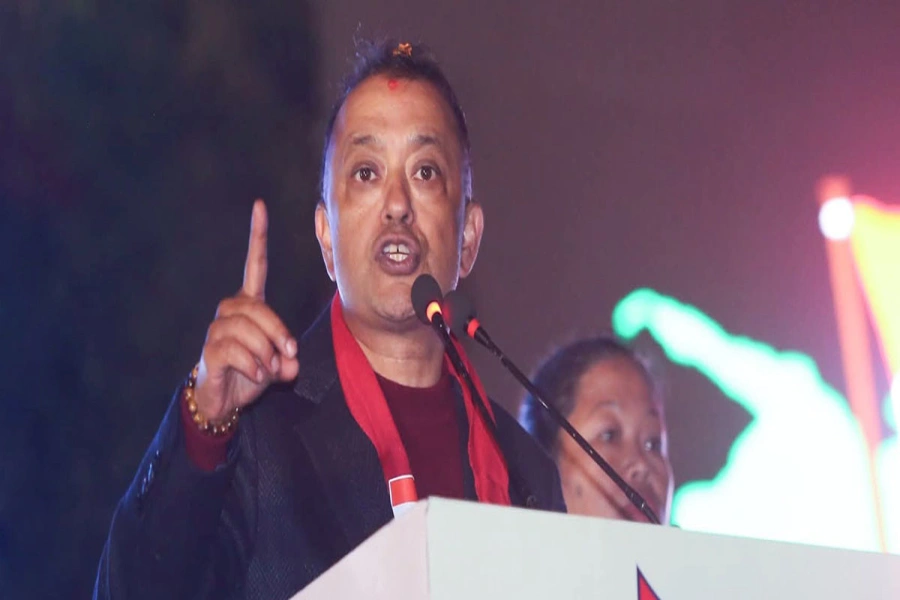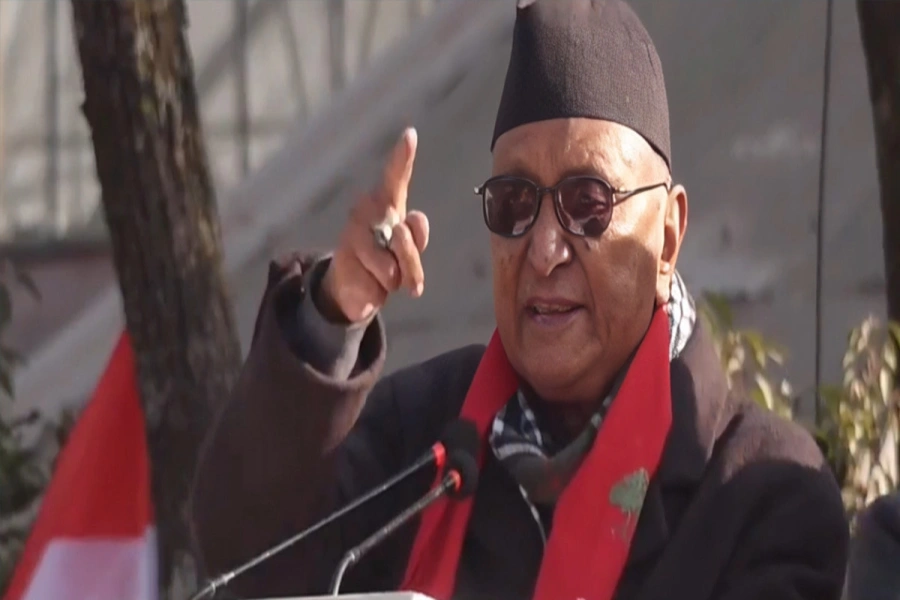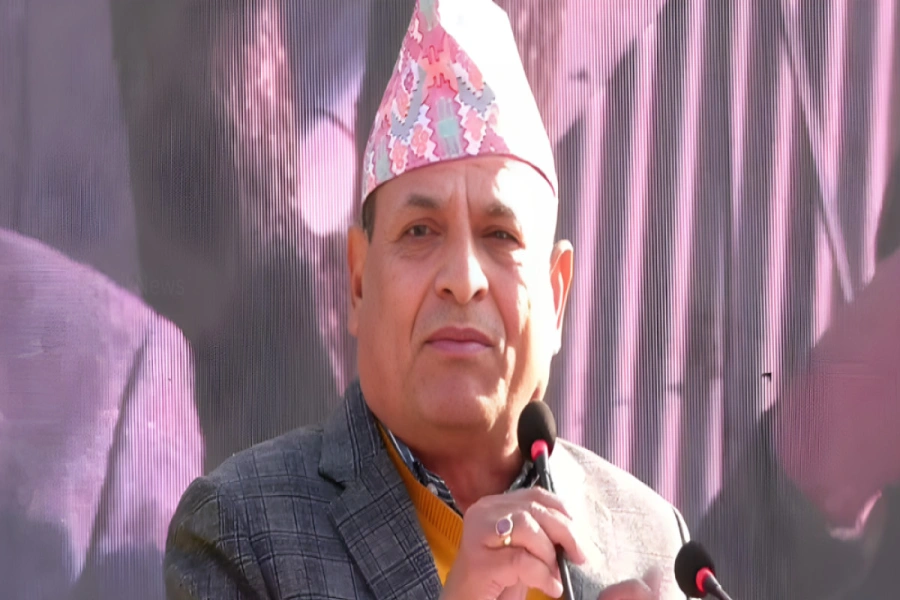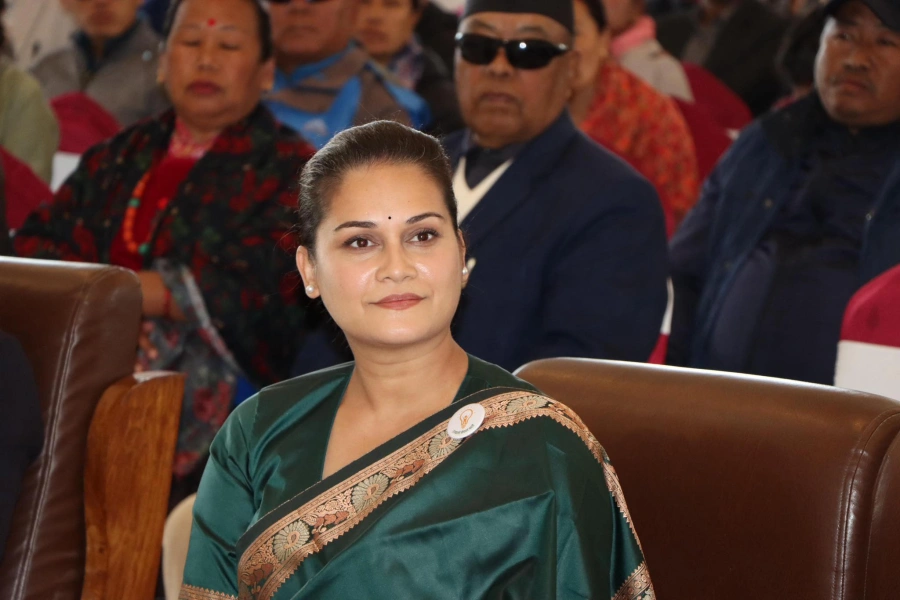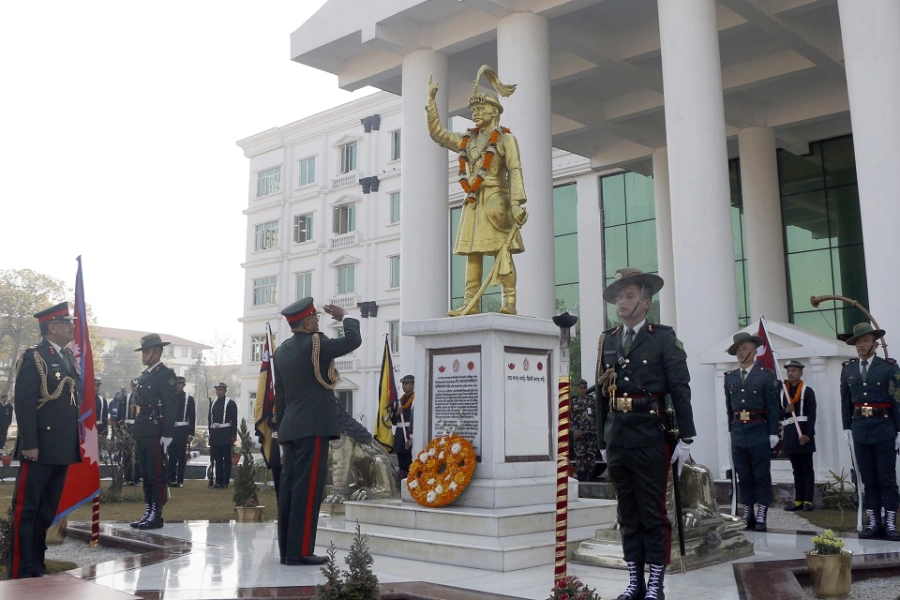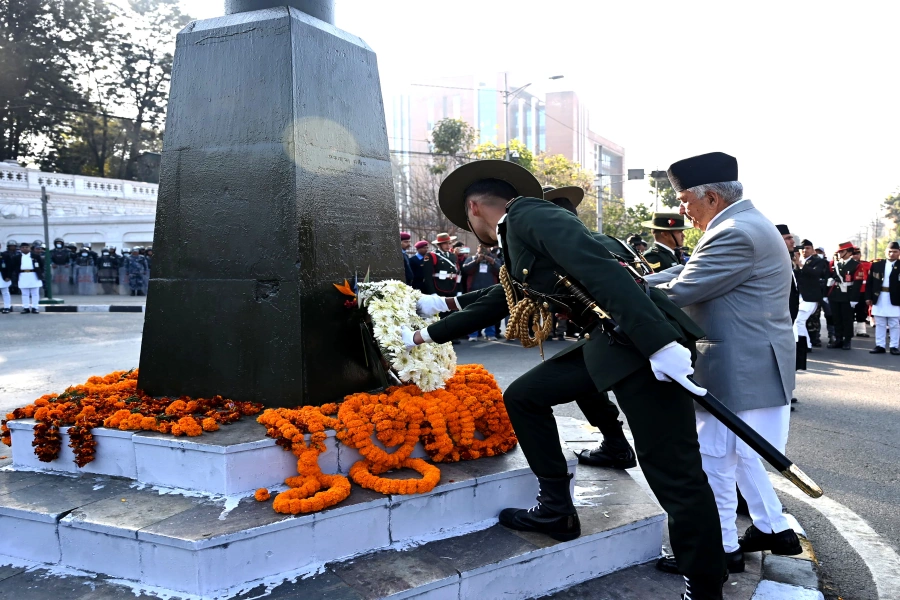Participants
Aakriti Adhikari, 22, Xavier’s International College, Kalo Pul, Kathmandu
Sarina Shrestha, 21, Prime College, Naya Bazaar, Kathmandu
Krisha Bhattarai, 21, National College, Baluwatar, Kathmandu
Shabdita Pyakurel, 19, Acme Engineering College, Sita Paila, Kathmandu
Ayushma Pokharel and
Dipsana Bista, both 18, fresh high school graduates from St Mary’s Higher Secondary School, Jawalakhel, Lalitpur
What do you love the most about Teej?
Sarina: I see a lot of women gathered to celebrate the festival on TV and my neighborhood. The environment looks so exciting. The unity that the festival brings along with it is what I love the most. My friends also talk about different delicacies they get to enjoy and all the rituals they follow during the festival. That too fascinates me a lot.
Aayushma: With the festival approaching, the foods we get to eat as ‘dar’ is what excites me the most. We also receive gifts from our elders on the day. So I love that part as well.
Krisha: Just like Aayushma said, I also love the fact that we get to eat many delicious food items as ‘dar.’ We get to go to many temples and meet cousins and aunts. I also love the dancing and singing that take place at different venues.
L to R: Sarina Shrestha, Shabdita Pyakurel, Aakriti Adhikari, Ayushma Pokharel, Dipsana Bista and Krisha Bhattarai.(Bhaswor Ojha)
Aakriti: Teej is a day when women feel special. On this day, married women visit their maternal homes to celebrate. This way, at least on this day, they get to meet their relatives even if they live far away. Even working women get holidays and get together to have some wonderful time together.
In what ways have you been celebrating the festival?
Shabdita: On Teej, I wake up early in the morning and go to the Pashupatinath Temple with my family. Many women gather there, and dancing and singing take place. It’s really funny but even my little brothers participate in the dancing. Since we don’t know the way older women dance, we come up with our own dance steps. We have lots of fun by doing so. Also, we get invitations from aunts to attend dinners at their homes for having ‘dar’ before the day of Teej. That’s equally rejuvenating.
Ayushma: We also go to the Pashupatinath Temple on this day to worship Lord Shiva. We have a group of women in the neighborhood, all charged up for dancing and singing. So we all gather at a nearby party palace and enjoy our time together.
Among other practices, fasting is also very popular among Nepali women during Teej. What do you think about that?
Shabdita: I imitated my Mom and started fasting on Teej since Class 7. But later, when I found out that it’s done for getting a good husband, I found the idea very lame. However, I haven’t stopped the practice and I do it in the belief that it’ll be beneficial for me and my family. With all the energetic people around, there comes a positive vibe, and a day without food isn’t a problem. But my mom stays the whole day without even drinking water, which isn’t good, as she becomes very weak.
Dipsana: People are seen fasting for one day but they feast upon savory delights for 30 days before the celebration in the name of ‘dar khane.’ There’s no point in doing this as they will be gaining a lot of weight. Also, women don’t even drink water for the sake of fasting which only causes dehydration. So I think this practice isn’t good as it’s very important to take care of one’s health in order to be able to enjoy.
Aakriti: It’s believed that Goddess Parvati got Lord Shiva after fasting and praying for him for a really long time. And women today do it in the belief of getting good husbands, and married women fast for the long life of their spouses. But we don’t see men doing the same for their beloved wives. So I guess this isn’t fair. However, since it’s a practice popular among Nepali women since a long time, we can’t point a finger at that. But women should take care of their own health.
Any messages you would like to give people for a safe and happy Teej celebration?
Aakriti: There should not be any competition regarding who comes dressed in the best. One shouldn’t spend lavishly in the name of the festival, but spend according to one’s financial conditions. One can make the most out of the celebration even in the simplest ways, without having to spend a lot. Also, because it’s a part of our culture, we should preserve it so that the next generations also get to enjoy such merriments.
Dipsana: We can see many changes in the way the festival is celebrated these days than it used to be in the past. It’s become more of a fashion than mere culture. For instance, in the past, melodious and meaningful songs like ‘Teejako lahara’ were composed while the Teej songs these days have no particular meanings. So it would be better if people understood the purpose of the celebration and rejoiced it the right way.
Teej takes





